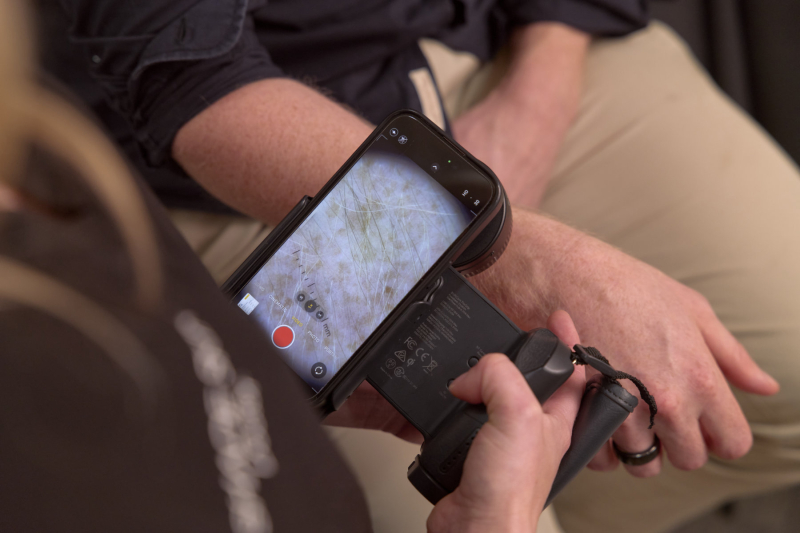One of my clients recently said, “I hate the feeling of anxiety and panic – I just want it to go away”. I knew exactly what she was referring to – the experience of feeling like you are choking, having difficulty breathing, trembling, sweating, nausea, your heart pounding with genuine force and feels like you are going crazy.
Anxiety is one of the main reasons that people seek assistance from psychologists – a whopping 2 million Australians are suffering from anxiety-related issues right at this moment. Anxiety is a normal human experience, so the main question is how can we determine what is “normal” anxiety, and when does it start to become a genuine problem?
When people experience anxiety and panic symptoms, it can be highly stressful and scary. Many people believe they are having a heart attack when experiencing panic. People often say they feel like they need to escape from the situation and avoid any further triggers that could lead to an attack. One of the concerns I often hear is that people struggle with how unpredictable panic attacks can be. Often, panic symptoms can come on without warning, and this can create further concern and worry – “Will this happen again?” “Will people notice?” “How will I cope if I have a panic attack in front of my colleagues?”
There is sound evidence to suggest that psychologists can be effective in teaching people to better manage the symptoms of panic. Part of psychological therapy is exploring the reasons panic may have come on in the first place. For example, we know that these symptoms are more often experienced when people are under pressure or experiencing stress. Perhaps there has been increased demand at home, more pressure at work, or sleep has been significantly disrupted. I am finding many new parents come for assistance with panic due to the relentless pressure associated with raising young children.
One effective intervention for panic symptoms is cognitive-behaviour therapy. In this treatment, we look at a person’s thought processes and explore the link between their thinking patterns and panic. We know a certain type of thinking can intensify the experience of panic symptoms (“I am having a heart attack and I am going to die”) and we help people to adjust this way of thinking. We also teach breathing control skills to help people better manage the physiological arousal associated with anxiety and panic.
At Headway we feel it is important to understand and explore some of the reasons panic symptoms may be present. Factors we consider are familial links with anxiety, thinking style, boundaries and assertiveness, physical activity, sleep, diet and personality.
If you or anyone you know may be suffering from stress, anxiety or panic, feel free to give Headway a call on (08) 9226 4489 or book an appointment online today.



